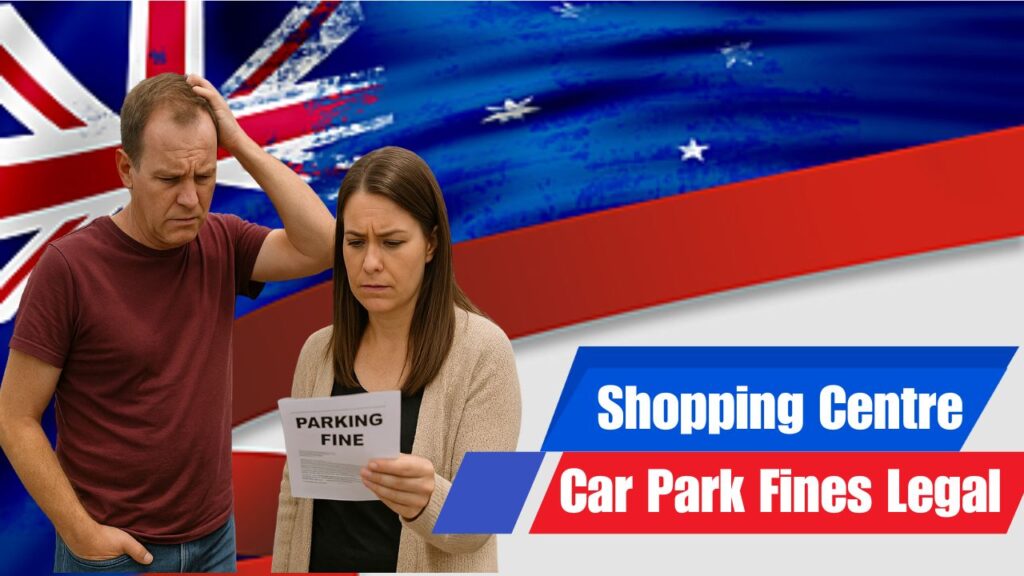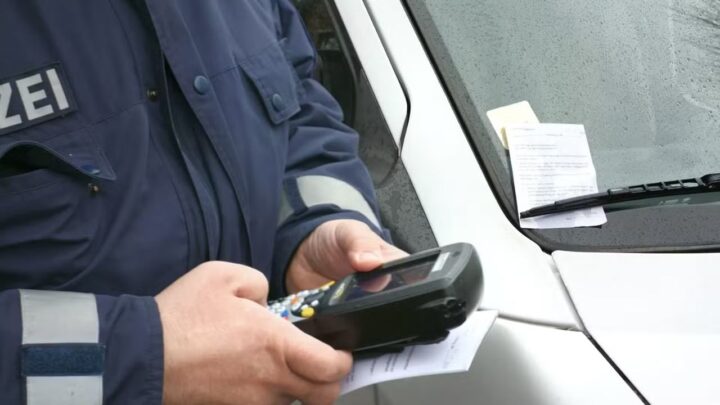Shopping centre car parks across Australia are often littered with signs warning of hefty fines for overstaying your parking limit. But when a penalty notice appears on your windshield, many wonder — is it actually legally enforceable? This has become a growing concern, especially in private parking spaces controlled by third-party contractors. While some drivers quickly pay up to avoid trouble, others question the legal standing of these fines. In this article, we break down how these penalties work, when they apply, and whether you’re truly obligated to pay them. You might be surprised by what the law says.

Private Car Park Fines vs Government-Issued Fines
It’s crucial to understand the difference between a fine issued by a government authority and one from a private parking operator. A fine issued by the local council or police typically carries legal weight under Australian law and can escalate to court if ignored. However, when a private company issues a fine in a shopping centre car park, it’s not legally a “fine” — it’s usually a breach of contract notice. By parking in the space, you’re considered to have entered a contract based on the signage present. Ignoring it won’t land you in jail, but it could lead to a civil debt claim if the company decides to pursue it through the courts.
What Happens If You Don’t Pay?
Most Australians aren’t sure what happens if they just toss the notice in the bin. In many cases, private parking companies will send follow-up letters demanding payment and even threatening legal action. However, legal experts note that few cases actually make it to court, as the burden of proof is on the company to prove the signage was clear and a contract was established. Some companies may outsource debt collection efforts, which can feel intimidating, but consumers have rights. If the letters escalate, seeking free legal advice can help clarify whether you’re truly at risk or being pressured unfairly.

When Are These Fines Actually Enforceable?
Technically, private car park fines are not “fines” in the legal sense — they are demands for payment based on perceived contractual breaches. They become enforceable only if a court order is obtained. For that to happen, the company must demonstrate the terms and conditions were clearly visible and that the driver agreed to them by parking. Without proper signage or if the fee is deemed unreasonable, the claim may fail. Some states are now tightening laws around private parking enforcement to protect consumers. Until then, enforcement varies widely, depending on how aggressively a parking company chooses to pursue unpaid amounts.
What Experts Advise You Should Do
Legal and consumer groups advise motorists to always read parking signs carefully and take a photo of them when possible. If you receive a private fine, check the legitimacy of the company issuing it. Many people assume these fines are enforceable when they often aren’t — but ignoring them without research tends to get you in trouble. Consider lodging a formal complaint if you believe the signage was misleading. You can also reach out to your state’s consumer affairs department. Above all, remember that you’re under no obligation to pay unless a court directs you to, but acting early is usually better than facing threatening letters down the line.
| Fine Type | Issued By | Legally Enforceable? | What You Can Do |
|---|---|---|---|
| Local Council Fine | Council / Police | Yes | Pay or appeal formally |
| Shopping Centre Fine | Private Operator | No (unless court-ordered) | Review, dispute, seek advice |
| Unmarked Signage Fine | Unknown / Unclear | Unlikely | Ignore or report |
| Debt Collection Threat | Third-party Agent | Only with court approval | Seek legal assistance |
FAQs
Are shopping centre fines legally binding?
Only if a court rules in the parking company’s favour.
Can I ignore a private parking notice?
You can, but it may result in persistent letters or debt collection threats.
What if the parking signs weren’t visible?
You can challenge the notice on unclear or missing signage grounds.
Should I pay the fine immediately?
Not necessarily — check legitimacy and seek legal advice first.






